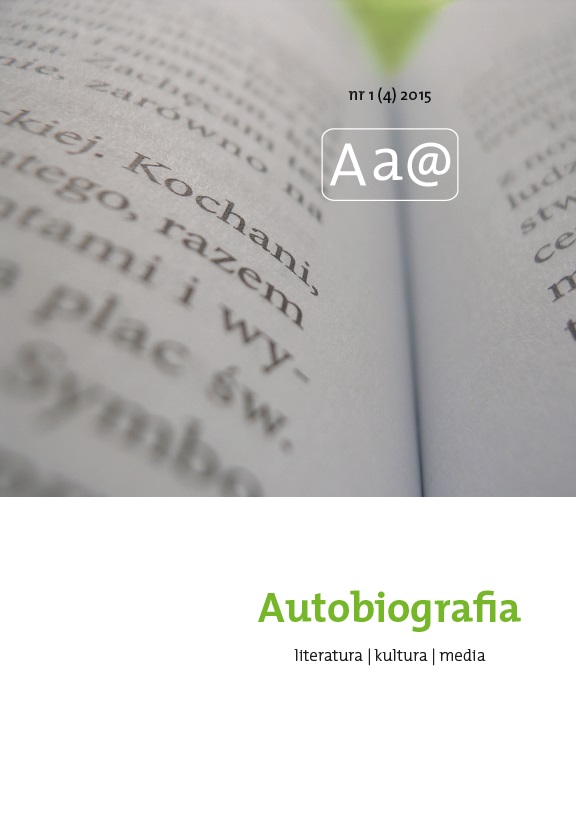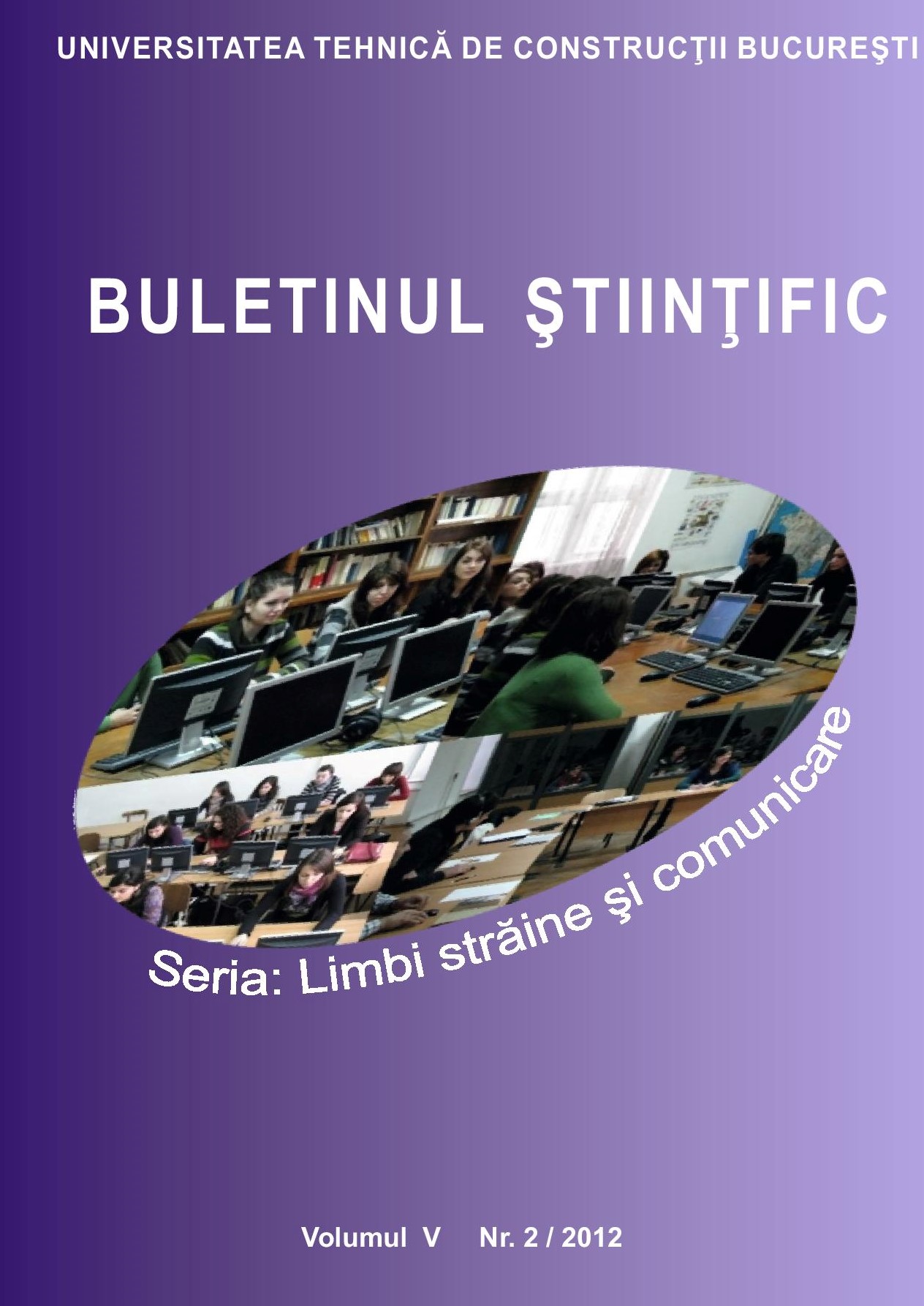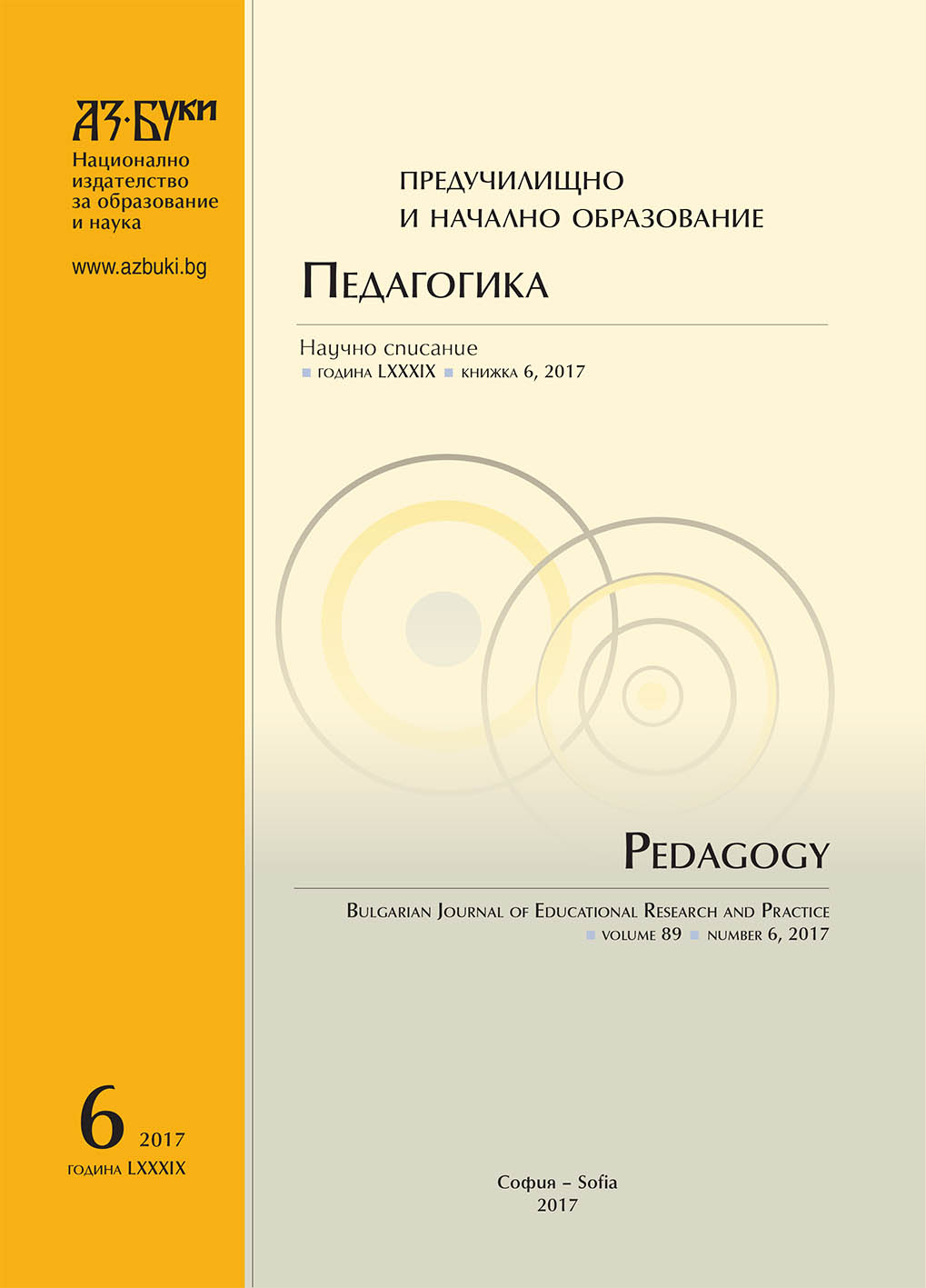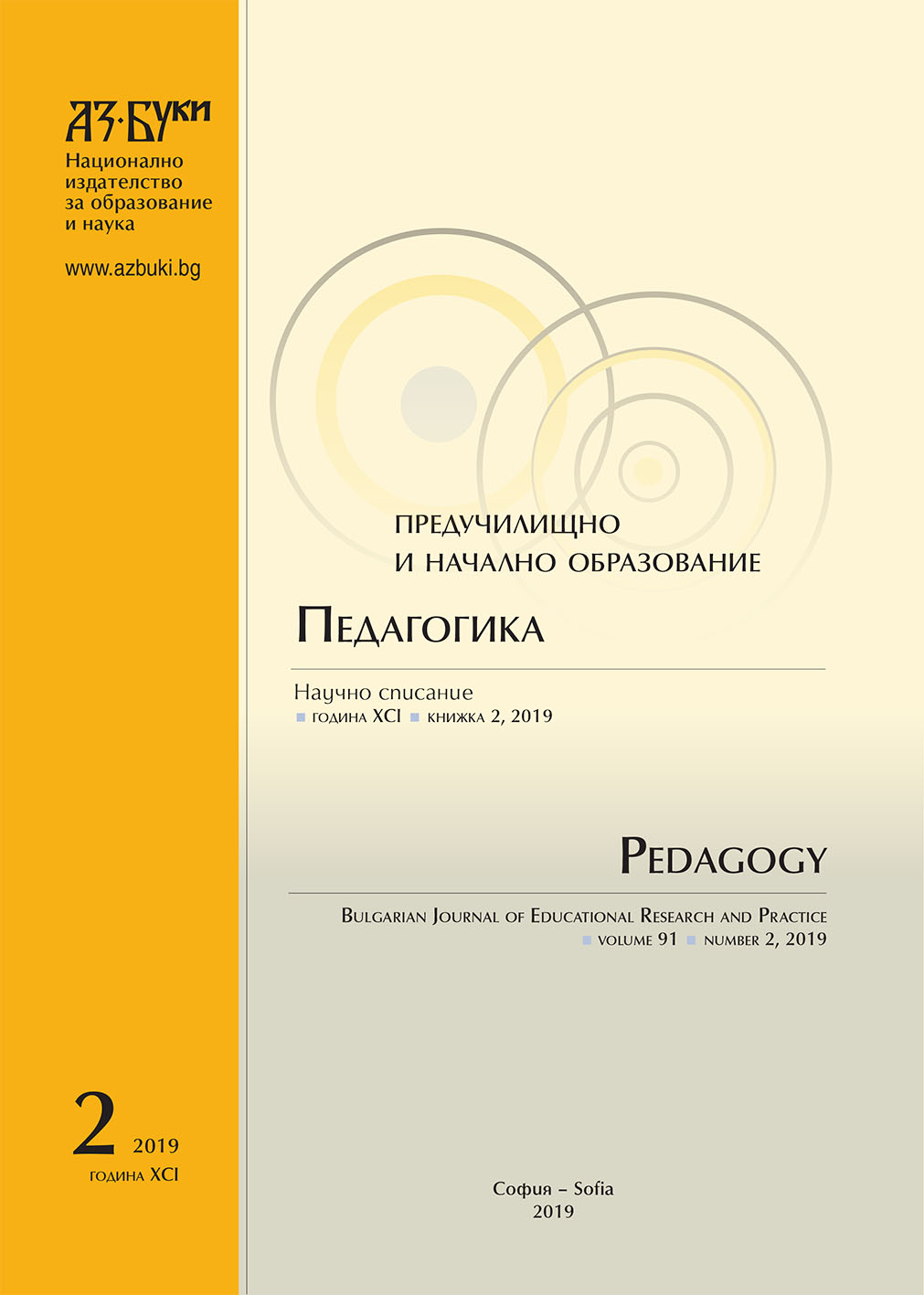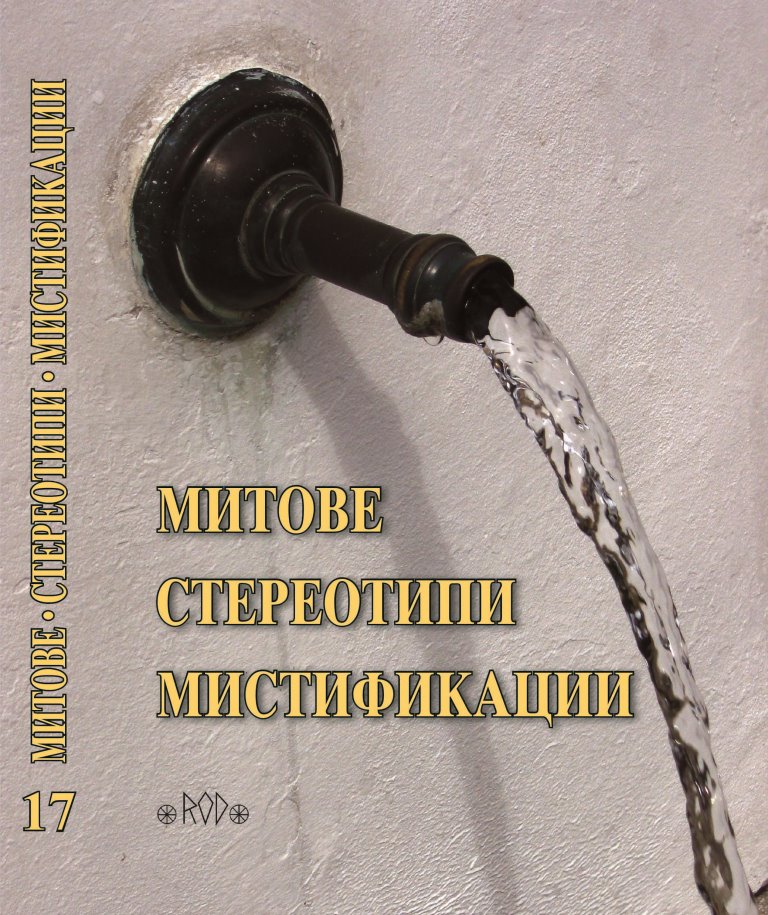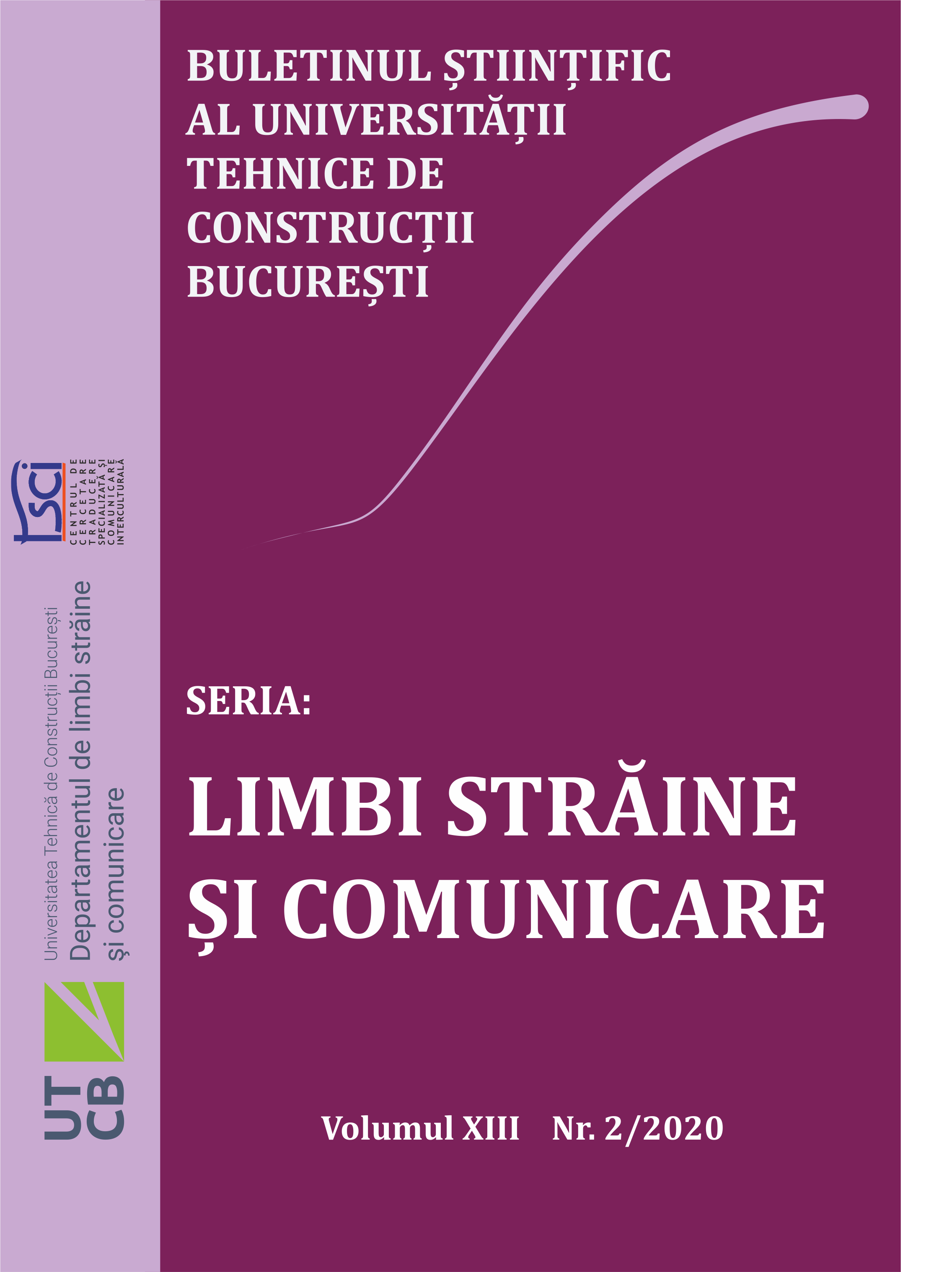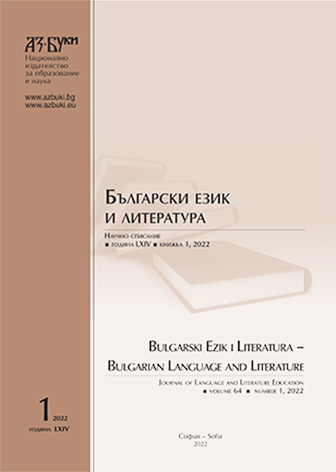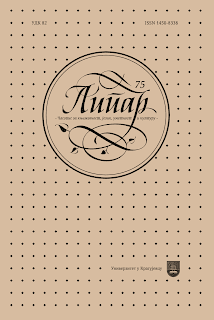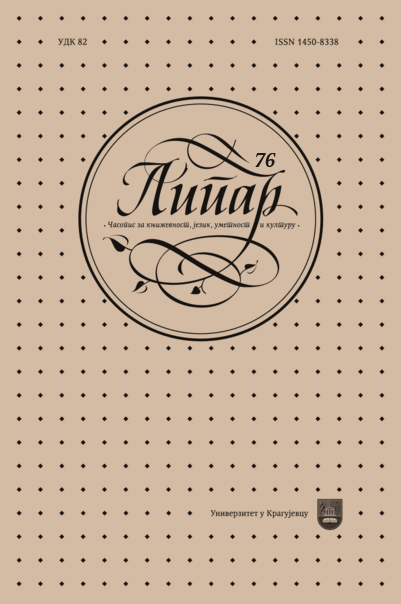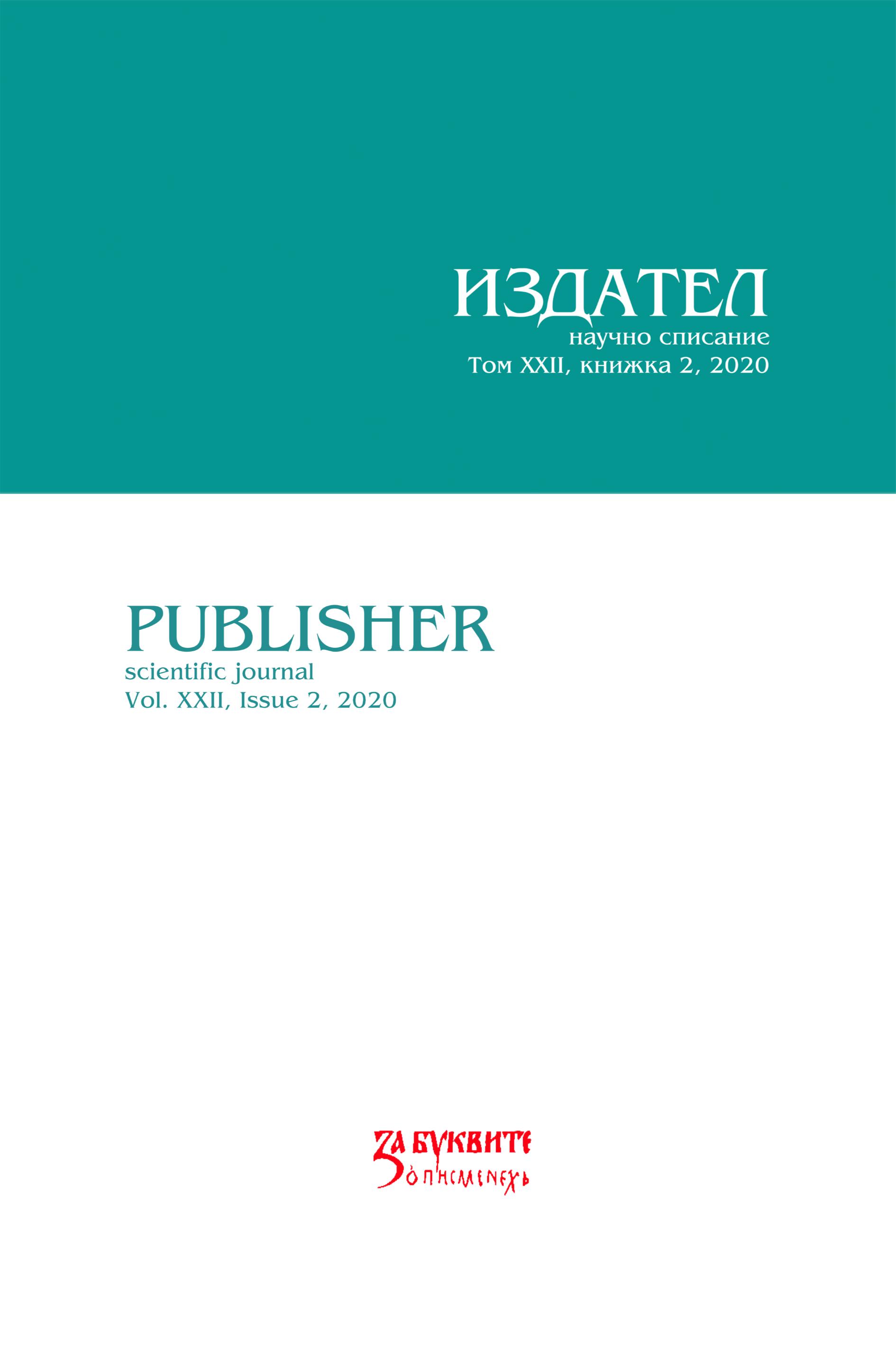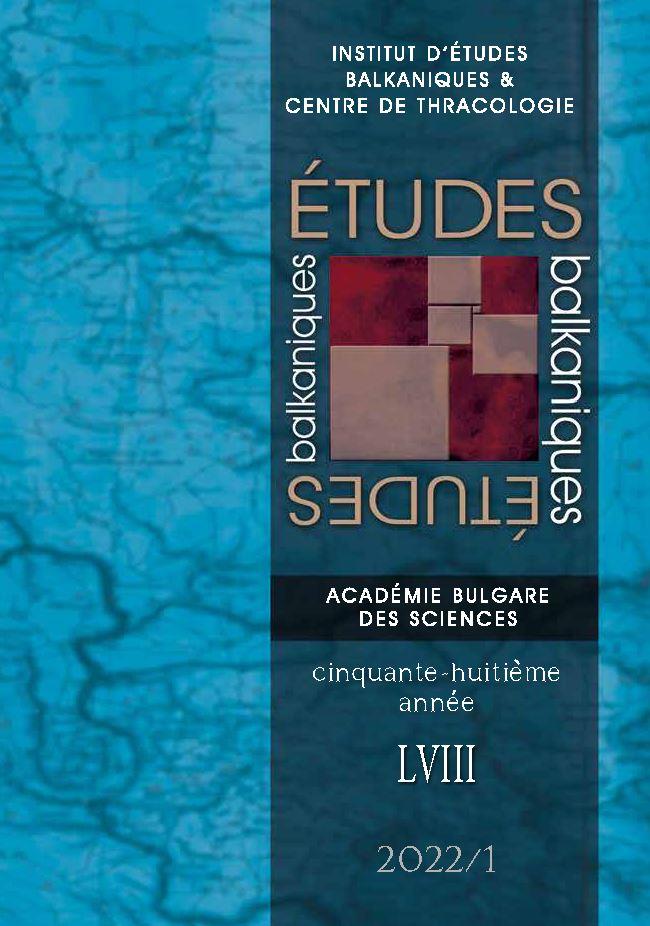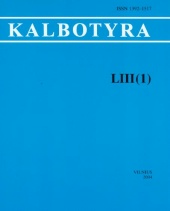
Klausiamieji sakiniai publicistinio stiliaus tekstuose
The article analyses interrogative sentences in journalistic style texts. In exploring their frequency and use tendencies, it is important that interrogative sentences can provide information, while the author himself may be their target audience. The functions of interrogative sentences are associated with many parameters, which indicate that the primary use area of these sentences is dialogue. The dialogising direction of journalistic style texts depend on its strains; the genre dispersion of the journalistic style is based on the relation between monologue and dialogue in the text. The basis of dialogue genres (interview; talk) is formed by a stylised dialogue; in monologue texts, interrogative sentences are most often included into dialogising fragments. It appears from specific texts that journalistic style texts are united by the attitude of a friendly, respectful conversation with the target person, with the aim of convincing and influencing him. This general attitude helps to realise linguistic instruments of a colloquial form. The dialogising of journalistic style texts brings monologue closer to the spoken language, but does not copy it. To summarise, it should be said that in journalistic style texts, it is possible to distinguish two layers of linguistic instruments corresponding to the functions of a linguistic act. Some linguistic instruments are associated with the communication of information; others are used for highlighting polemic statements. The elements of the first layer provide new information, while elements of the second group should be interpreted as verificational ones – conveying response to the possible opinion of the target person. For functional stylistics, it is important that factual information is associated with standard expression, while verificational elements – with implicit or explicit dialogue.
More...
